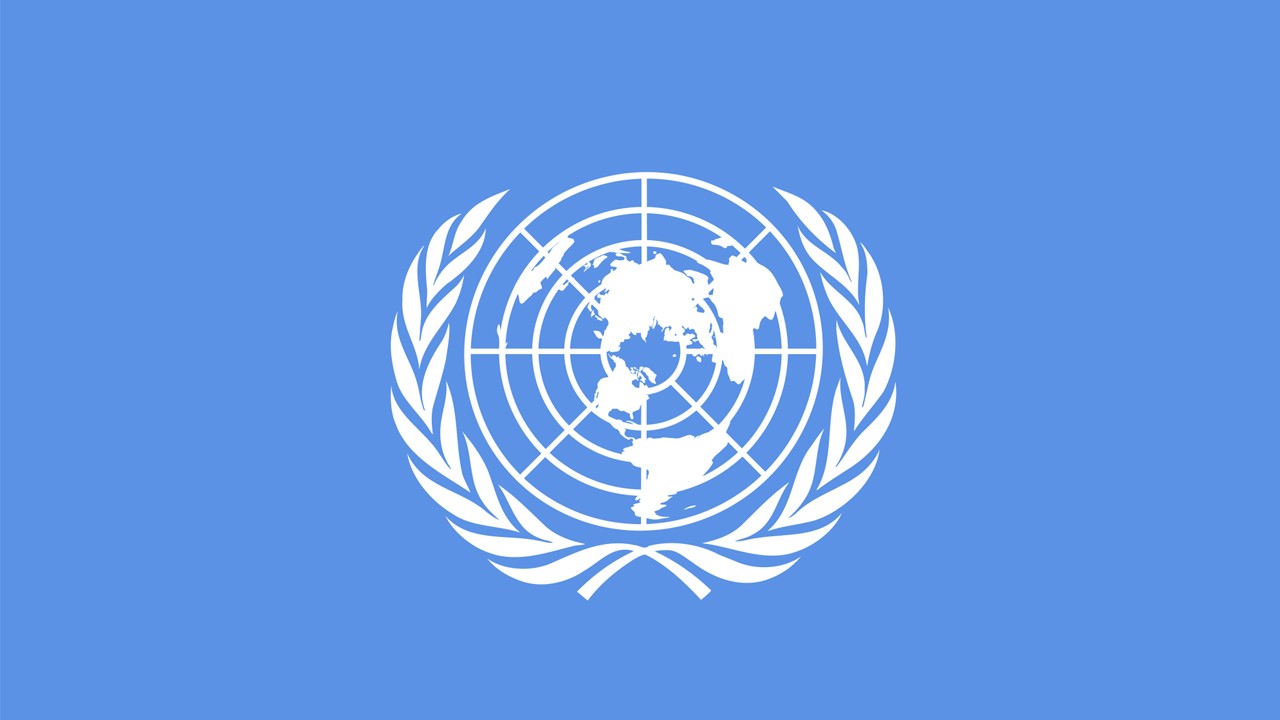
It isn't just the approach of the United Nations’ rights body UNHRC and its recent report that India has found irresponsible. The activities of another UN body, the once-dormant Military Staff Committee (MSC), are also being viewed with suspicion by New Delhi. The MSC was not very active since its inception thanks to the Cold War. With top military leaders of the five permanent members of the UN Security Council part of the MSC, the Nato and Warsaw Pact members were hardly expected to be on the same page on anything.
But lately, the Committee has been trying to involve itself in an area that India believes it should not be interested in -- Jammu and Kashmir. Earlier this year, in April-May, the MSC asked India and Pakistan that it be given a tour of Jammu and Kashmir and Pak-Occupied Kashmir (PoK) This came as a major surprise as the MSC rarely ever gets itself involved in these matters. There are about a 100 UN officials in the United Nations Military Observer Group in India and Pakistan (UNMOGIP) -- and in India, at least, they have little to do.
Pakistan, which is keen on internationalising Kashmir, invited the MSC and took its officials around PoK. But India made it clear that the MSC was not welcome. Since the Simla Agreement, Kashmir has been a bilateral issue, India pointed out -- so there was no scope of involving any country or multi-lateral international organisation. After the UNHRC’s rather one-sided efforts on the Kashmir report, top government officials wondered what kind of report the MSC team would have written.
The other question being asked is why the MSC was interested in Kashmir when there are a total of 14 peacekeeping forces all over the world, most of them much larger. The only other place the MSC was keen on visiting, sources said, was the Golan Heights.
The UNHRC report, released after India said "No" to the MSC, was very critical of India. New Delhi was outraged. Other countries, notably the US, were not too pleased either. Denouncing the report, India said it had been prepared without any on-ground reporting and dismissed it as “motivated”. But then UN Secretary-General Antonio Guterres backed the report, again raising eyebrows in New Delhi


.jpeg)

